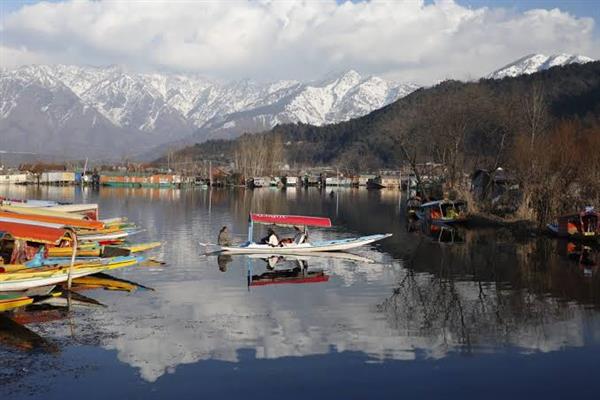Terming India’s ceasefire in Kashmir for the month of Ramadhan an “olive branch” for starting dialogue process anew, New York Times in its editorial has suggested tripartite dialogue involving India, Pakistan and Kashmiris, while urging the US to channelize its efforts to end Kashmir imbroglio.
“Yet the obvious and growing danger of the Kashmir conflict demands trying again and again, however elusive the goal. It may be too much to expect either side to surrender territorial claims on Kashmir, but India’s Ramadan olive branch, however inauspicious, could become the start of a sorely needed dialogue if Pakistan responds by at least suspending its support for Islamic terrorist groups in Kashmir. Given the magnitude of what’s at stake, Washington and other affected powers should do all they can to encourage all sides to give this opening a chance,” reads NYT editorial.
Applauding India’s move of halting anti militancy operations in Kashmir, NYT stated: “In any case, it requires a strong leap of faith to expect that the break, if it holds, can achieve anything resembling a peace process”.
Expressing concern over latest border flare up between the two neighboring nuclear giants despite holy month of Ramadhan in progress, the editorial quotes former US President Bill Clinton’s statement in which he had termed the border between the two nations as “most dangerous place on the world”.
Referring to recent police report which gave a upward graph of youth joining militancy despite launching ‘Operation All Out’ last year, the NYT said it could be another reason behind the logic of halting anti militancy operations in Kashmir. “Heavy-handed tactics may hold territory, but they lose the population,” it stated.
NYT also stated that Kashmir dispute is more “complicated” given “clash of national pride and identity, made all the more intractable by the rise of Islamist passions among young Muslim Kashmiris”. It says that then US President in 2009 Barack Obama had to stop meditating in the region following India’s strong opposition to it.
Holding militants responsible for “derailing” the number of peace initiatives started in the past which later got buried ‘under the carpet’, it stated contacts between the two nations in 2008 collapsed after Mumbai attacks, while a “promising” meeting in December 2015 between Modi and then Pakistan PM Nawaz Sharif also yielded nothing substantial after an attack on Indian Air Force base at Pathankot.
New York Times urges United States to help resolve Kashmir imbroglio






